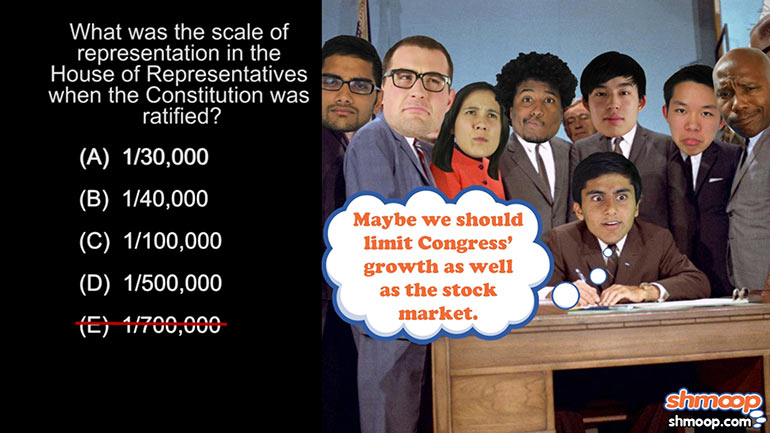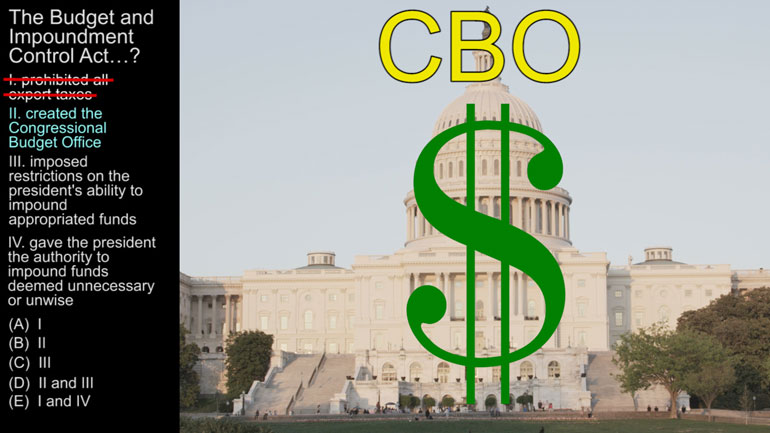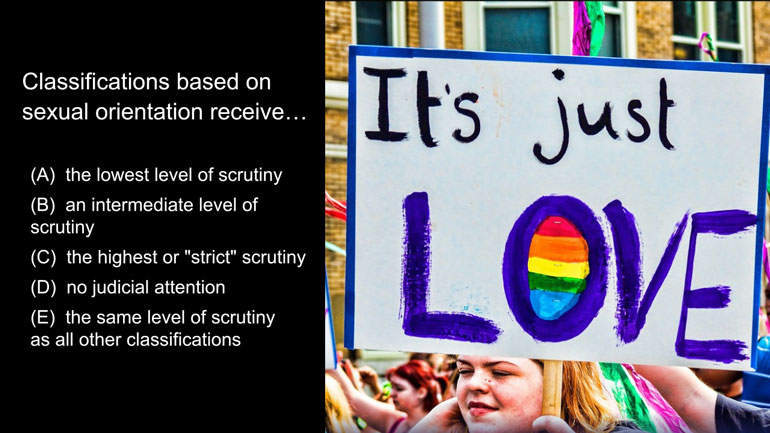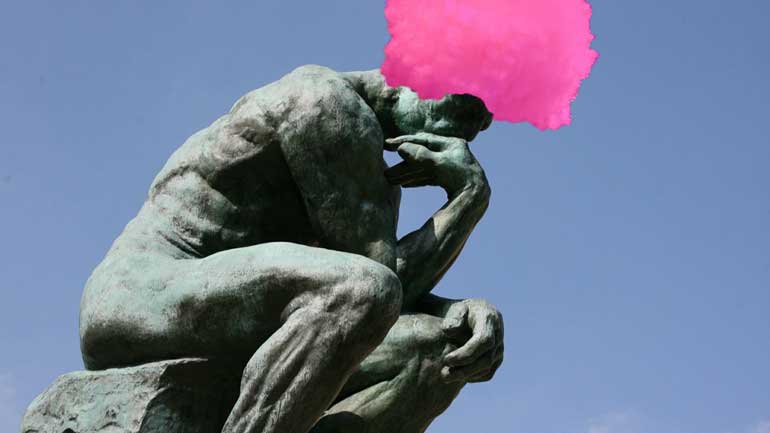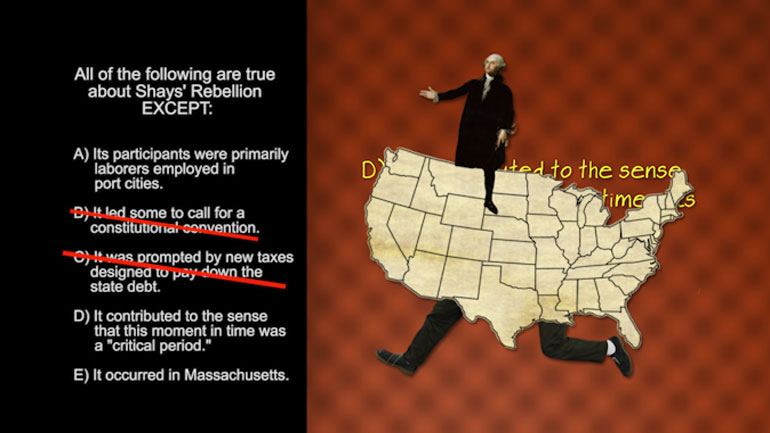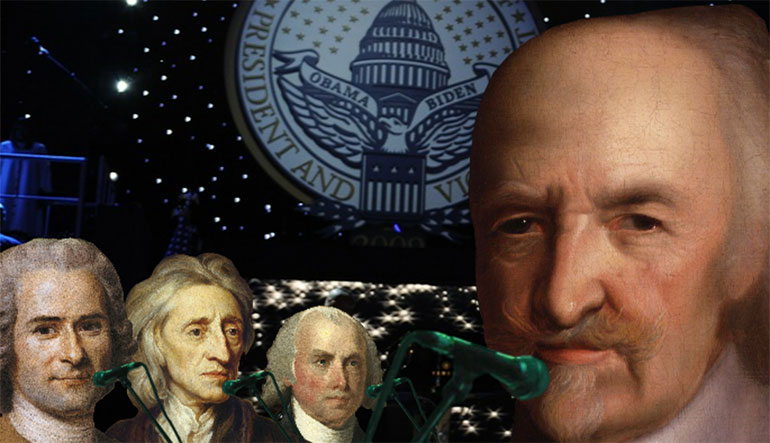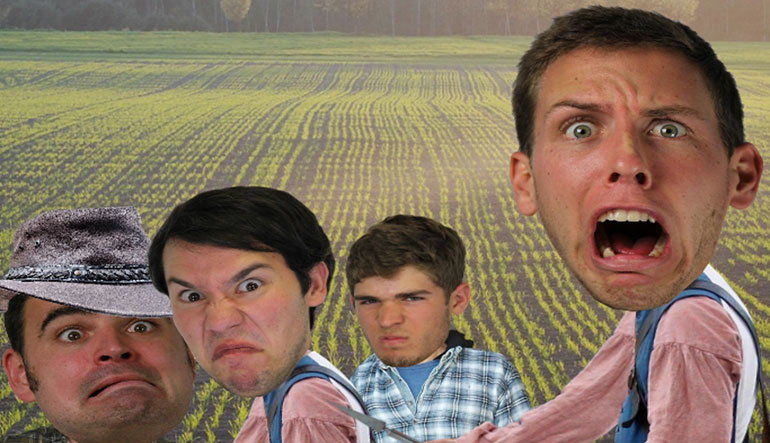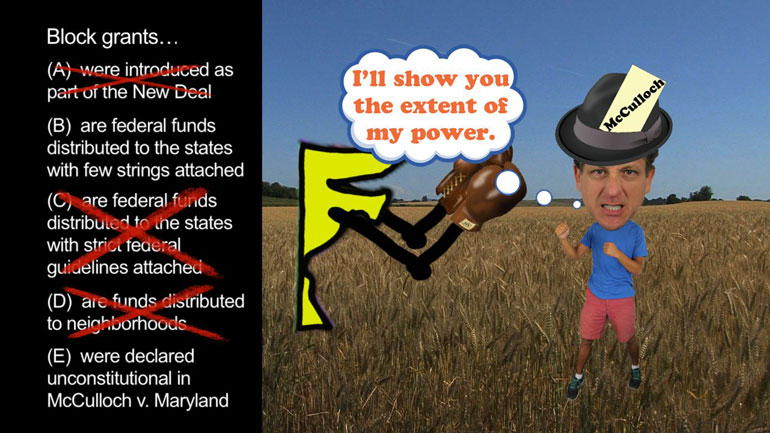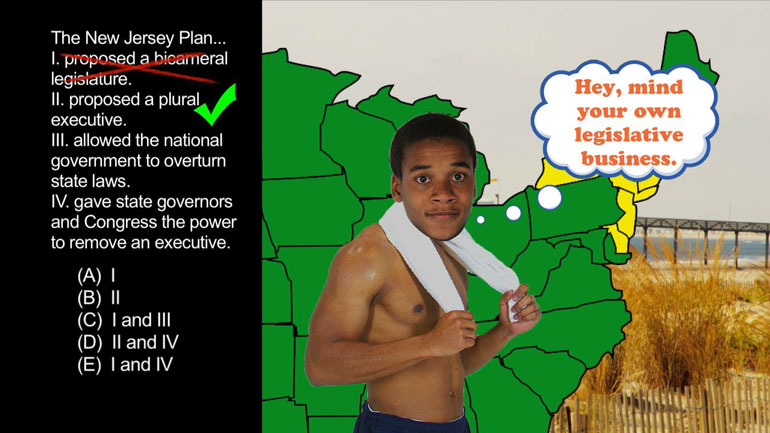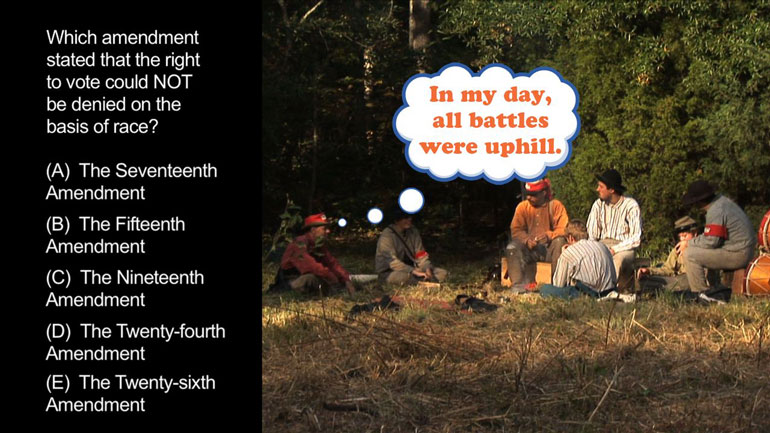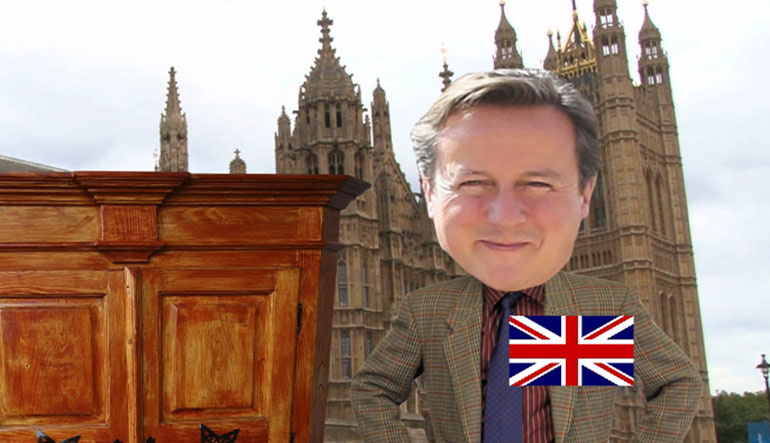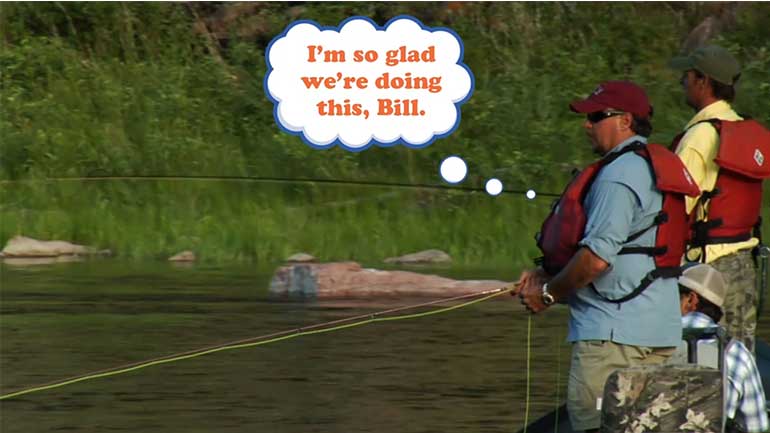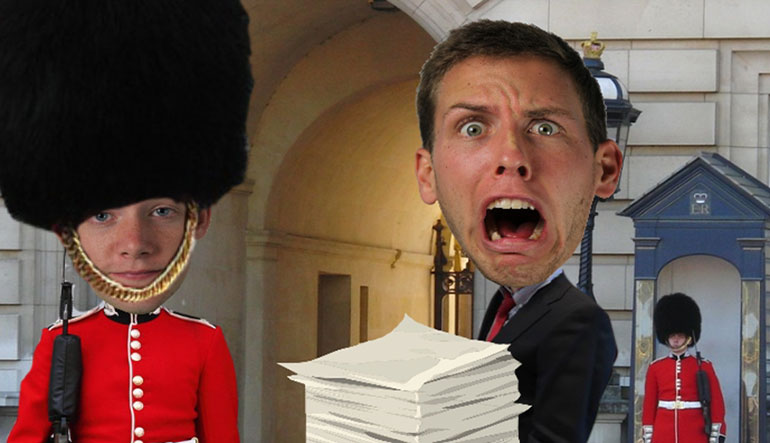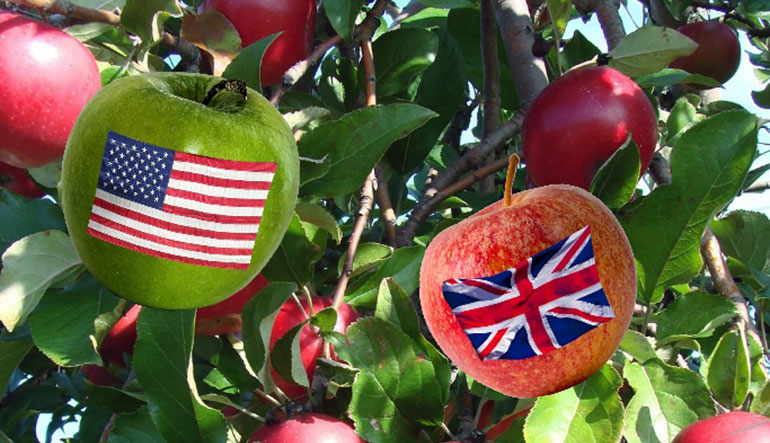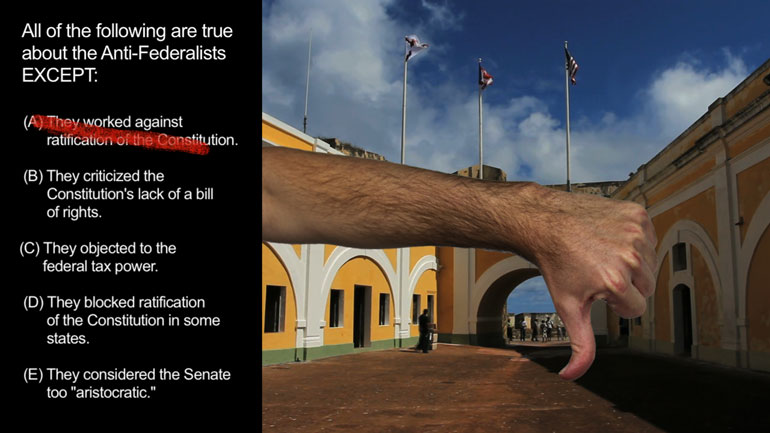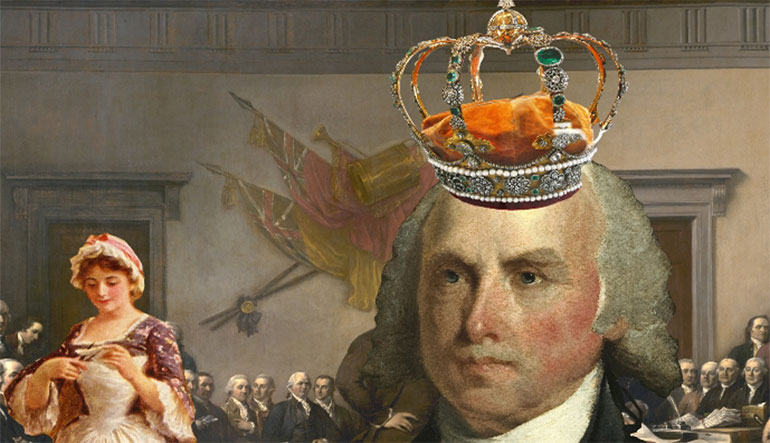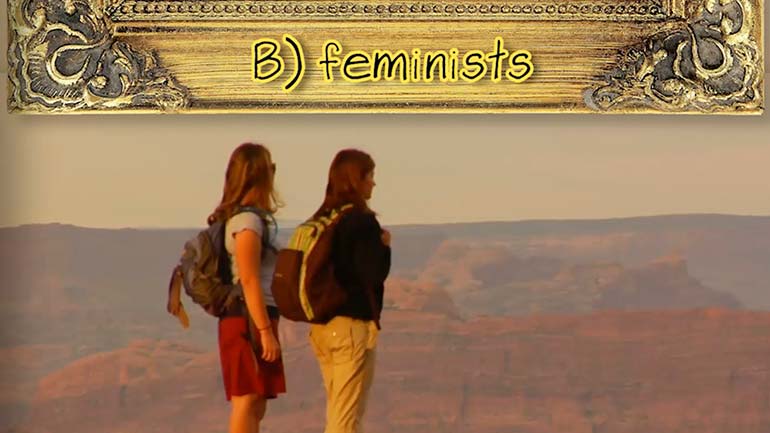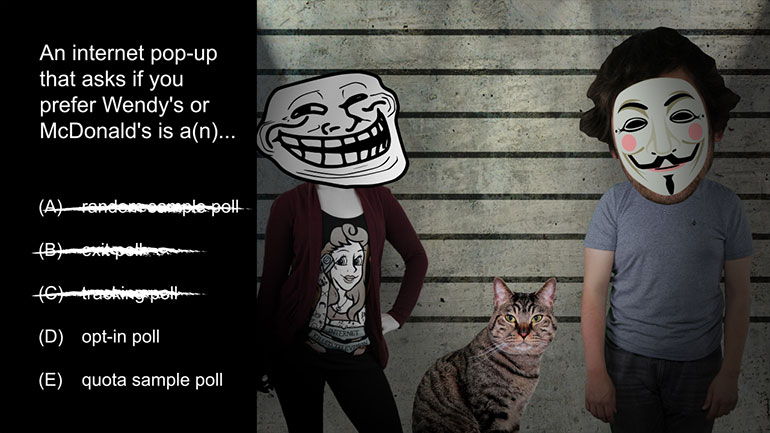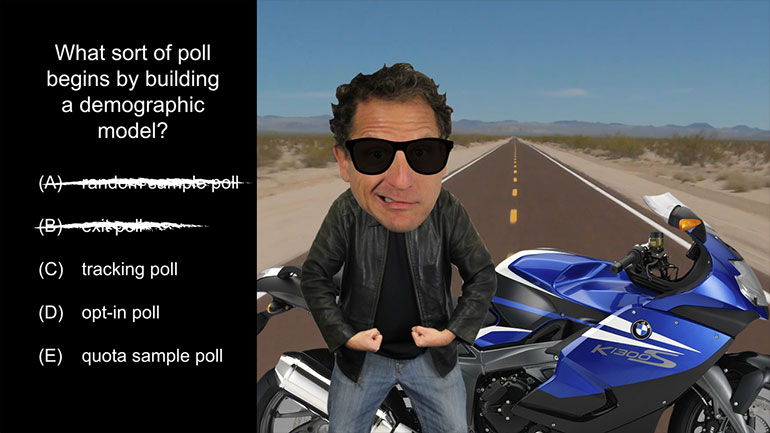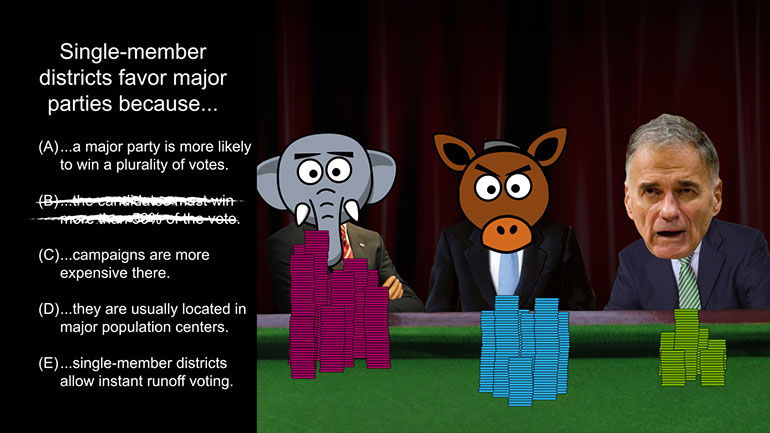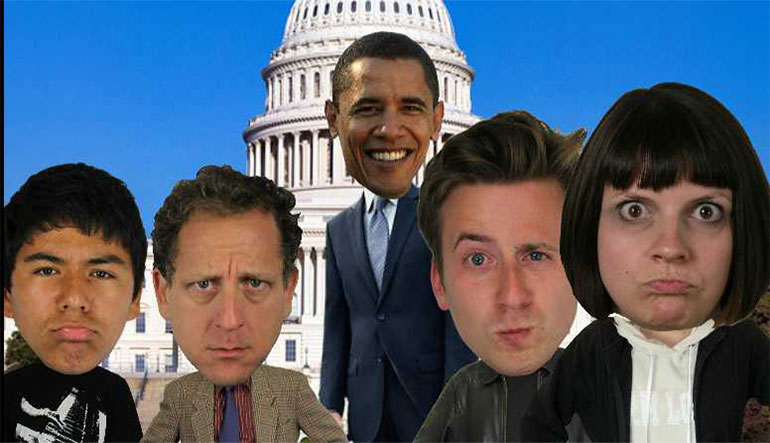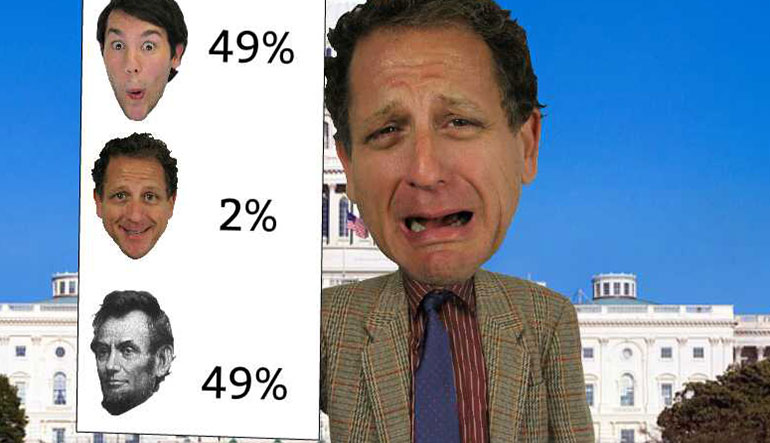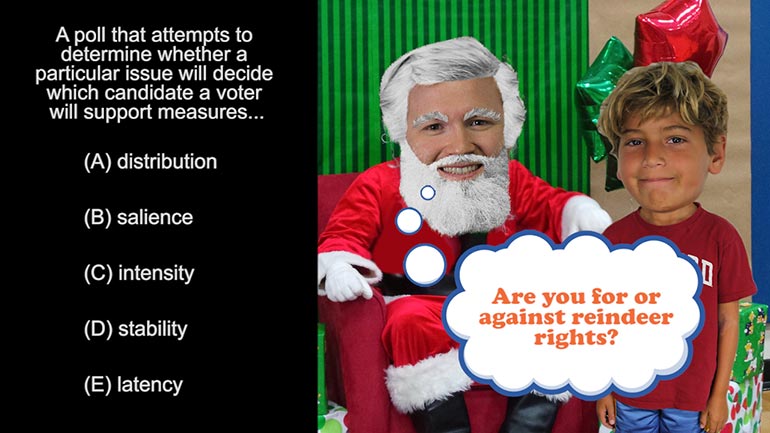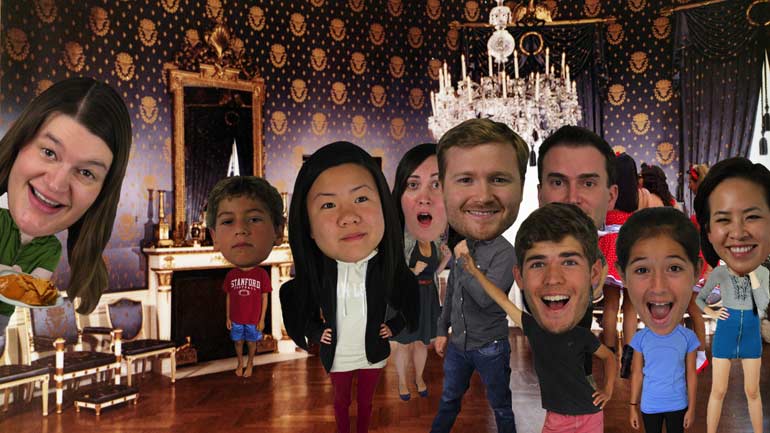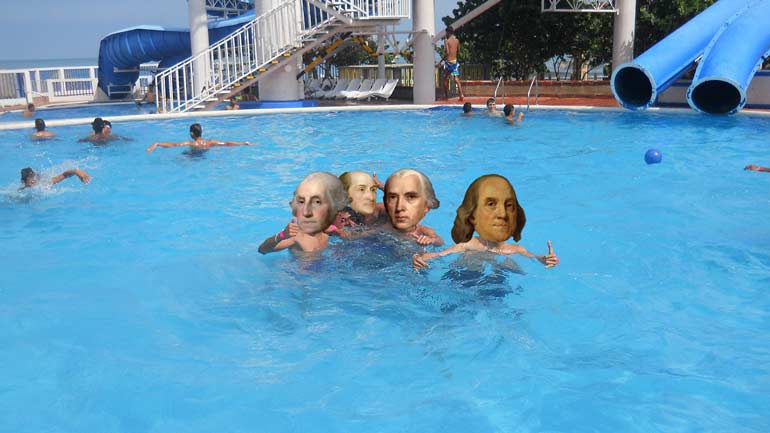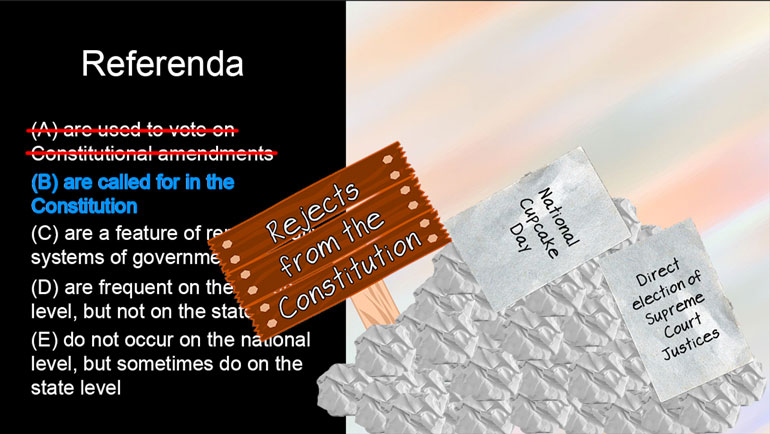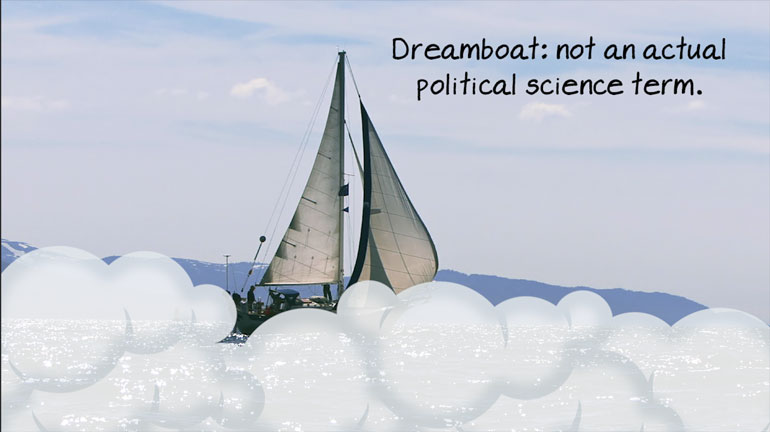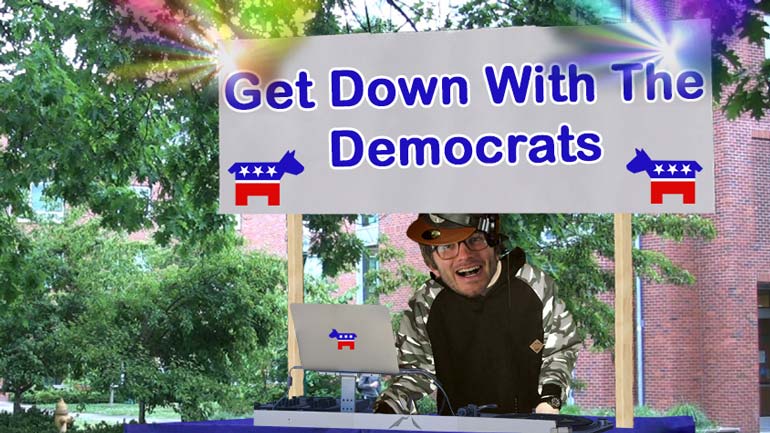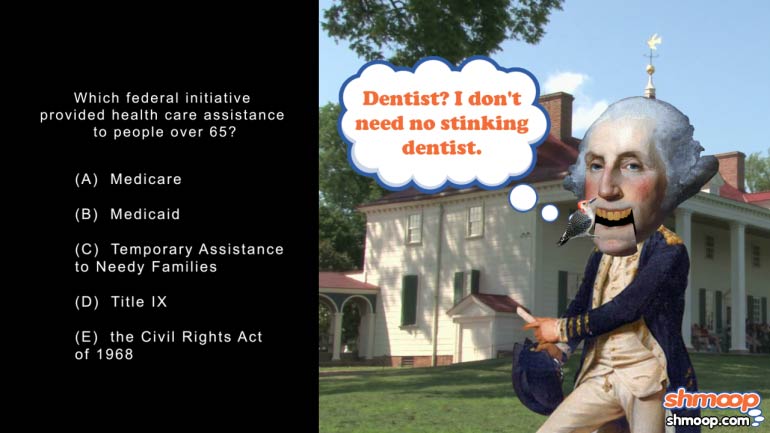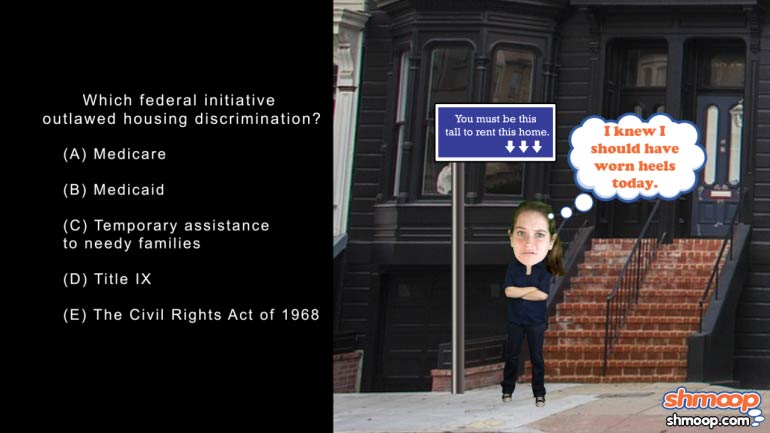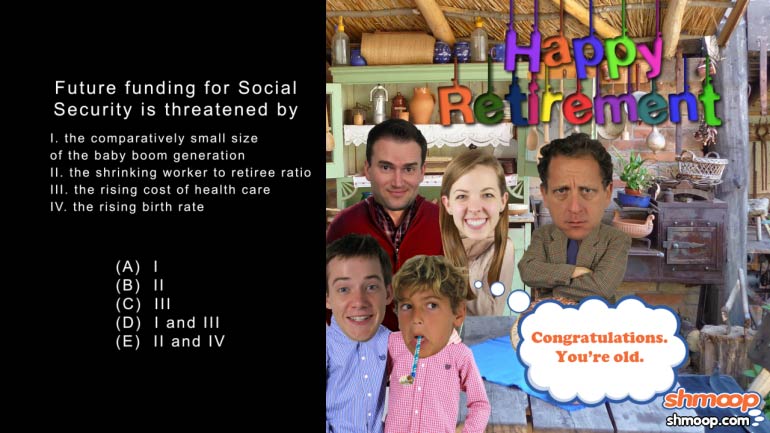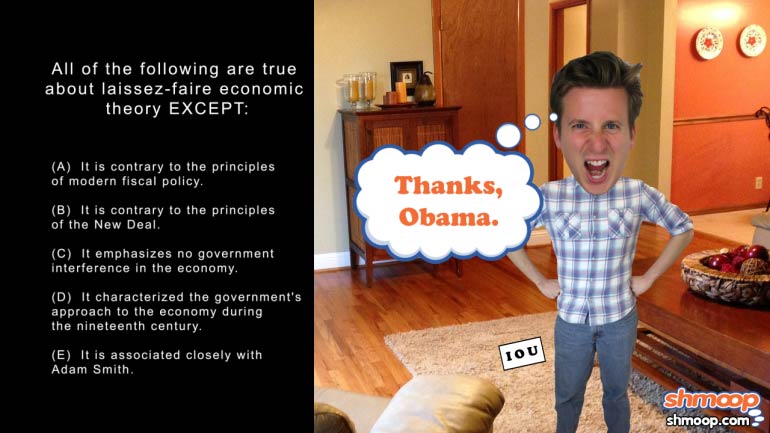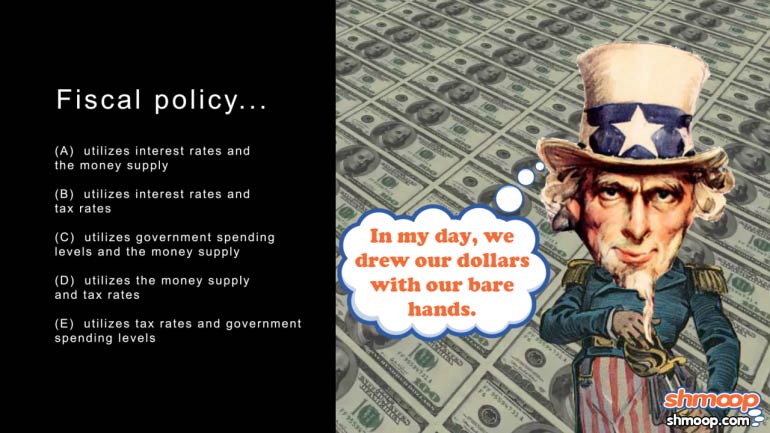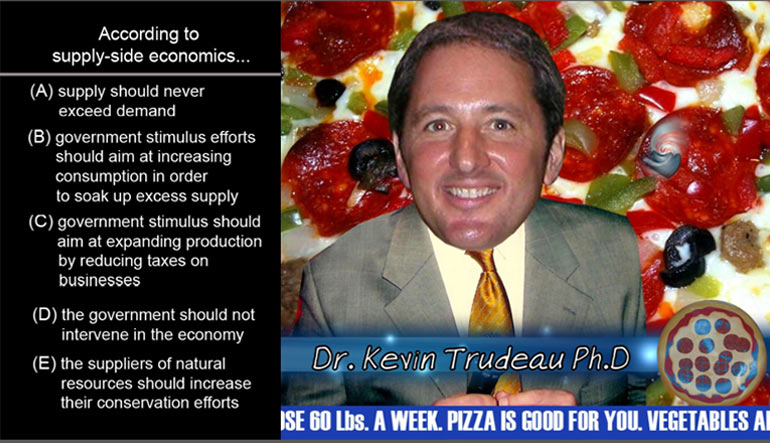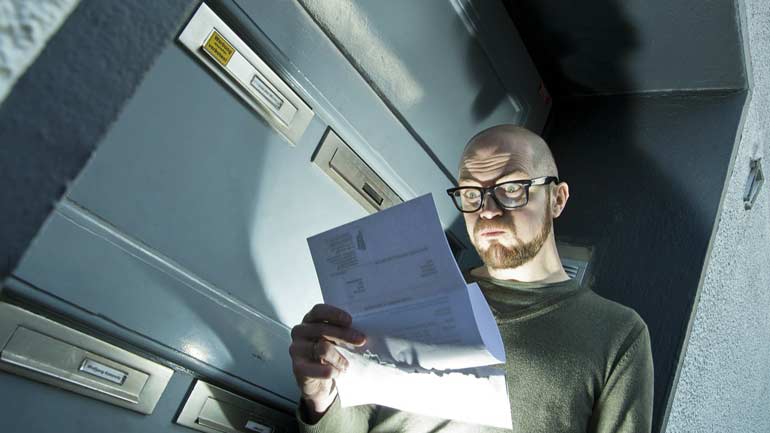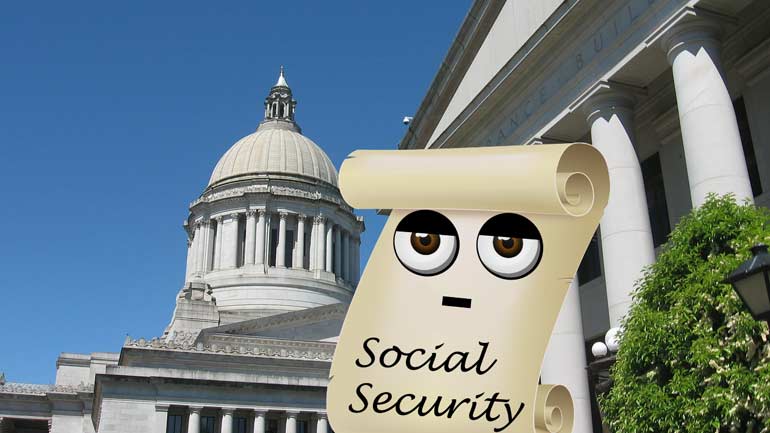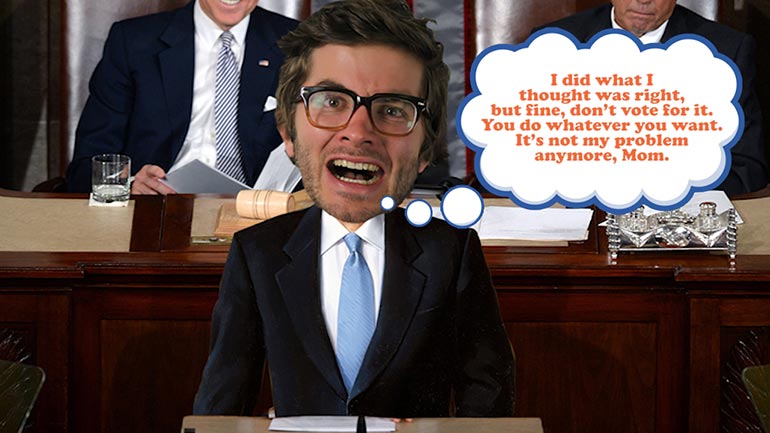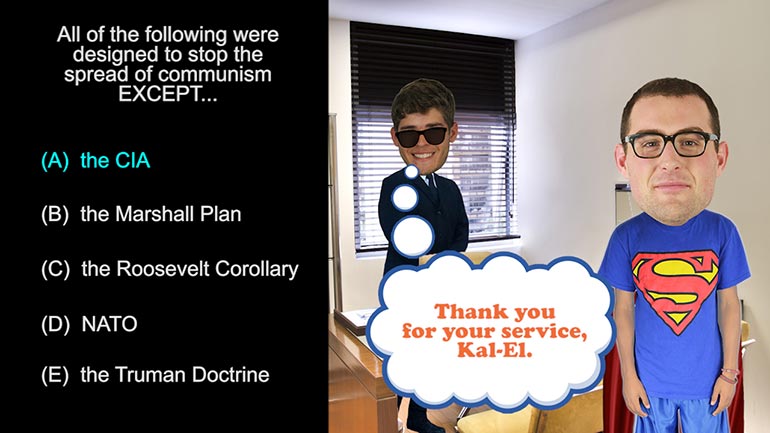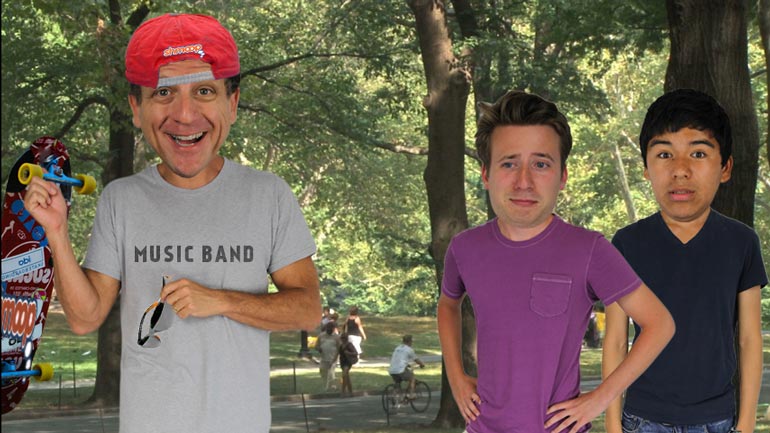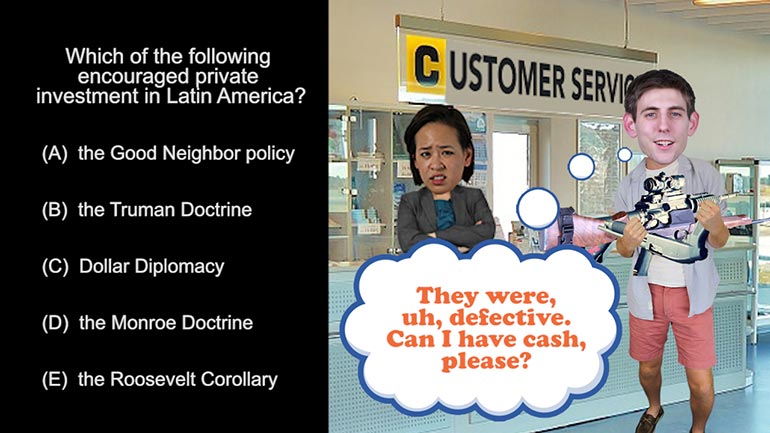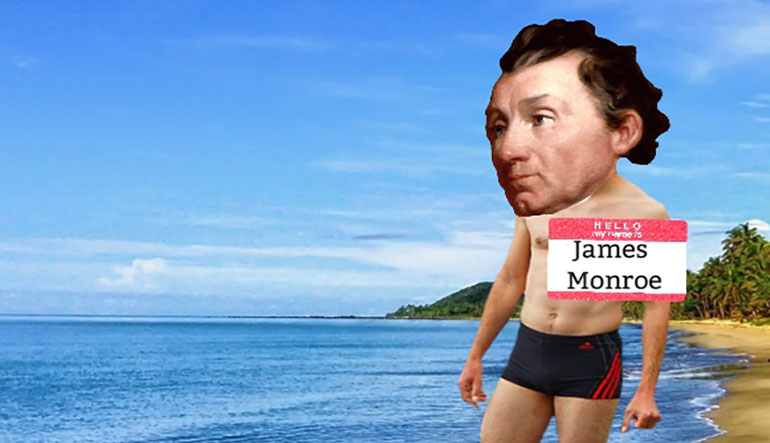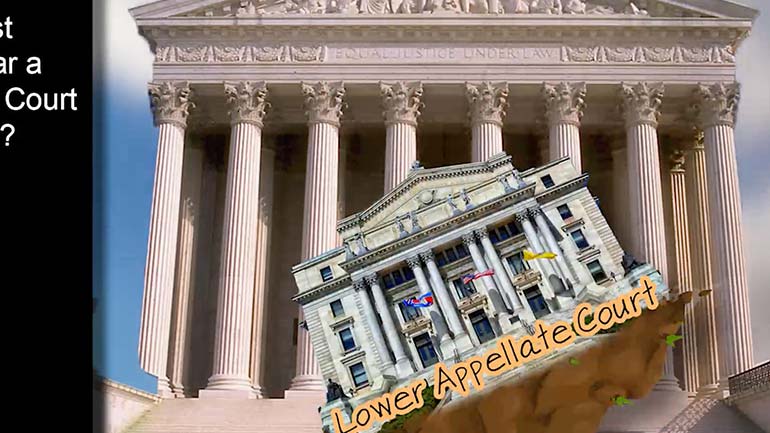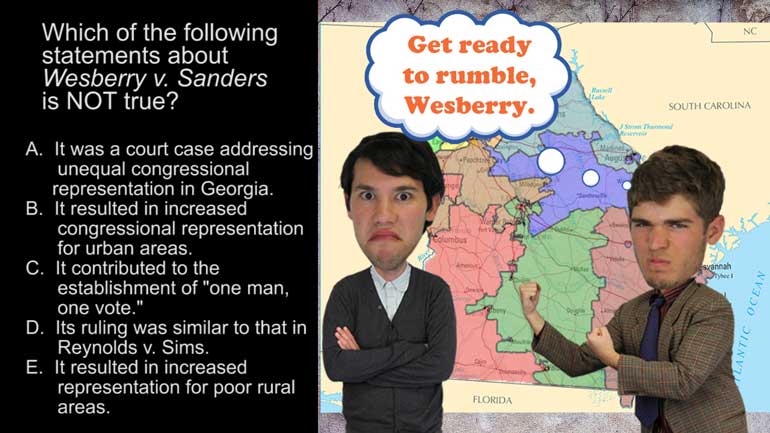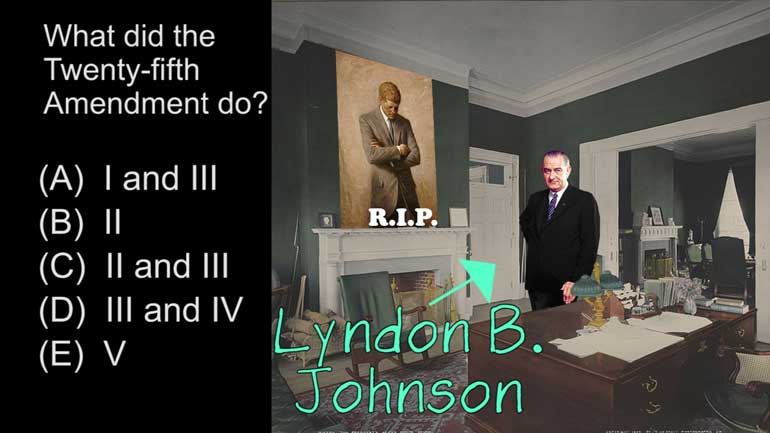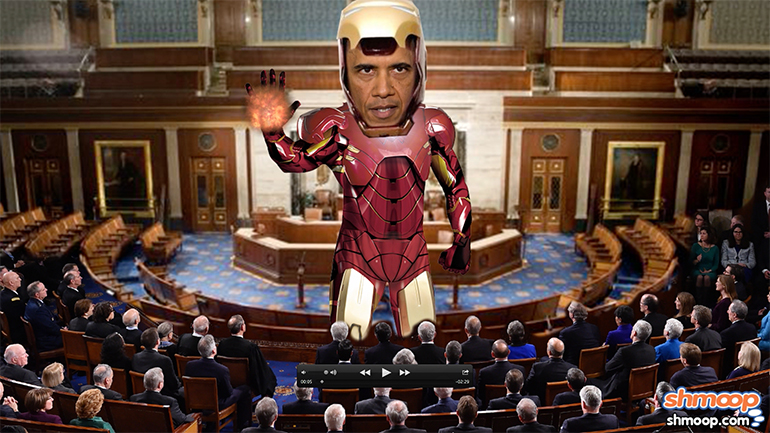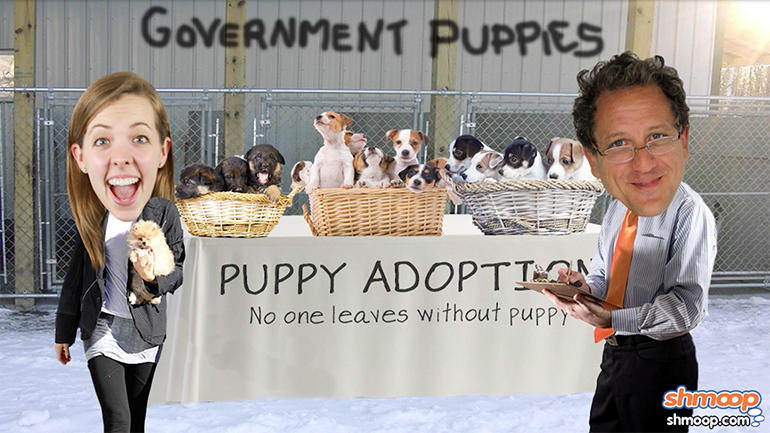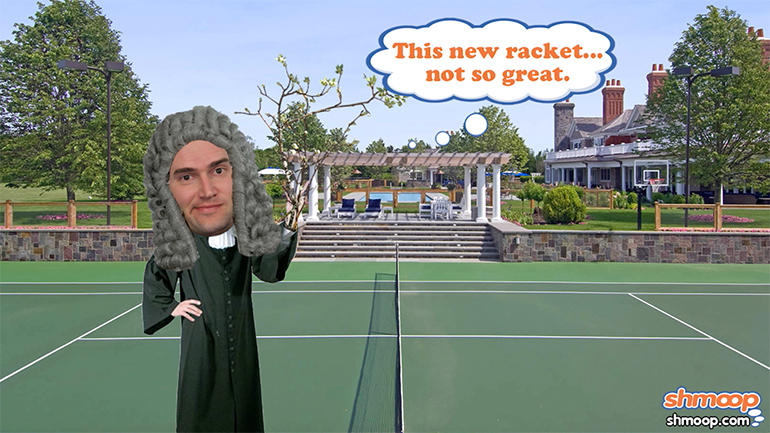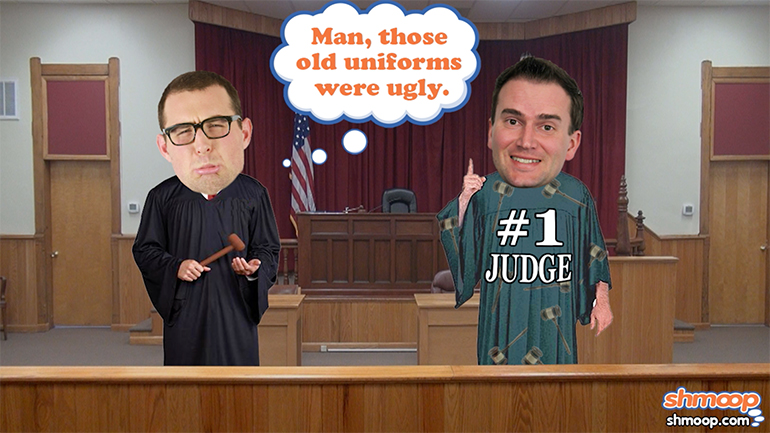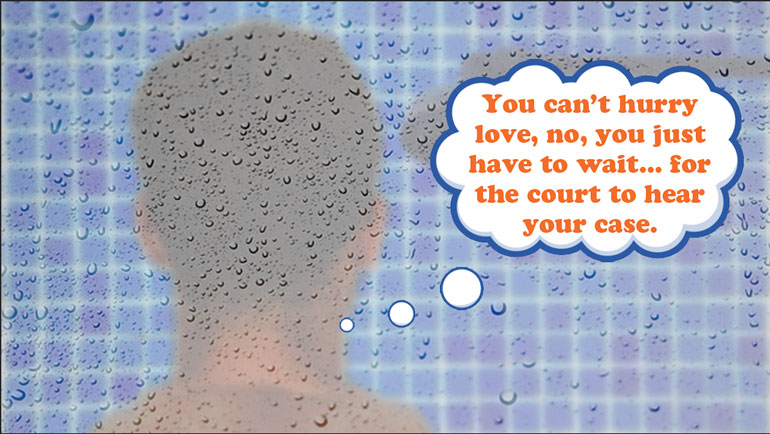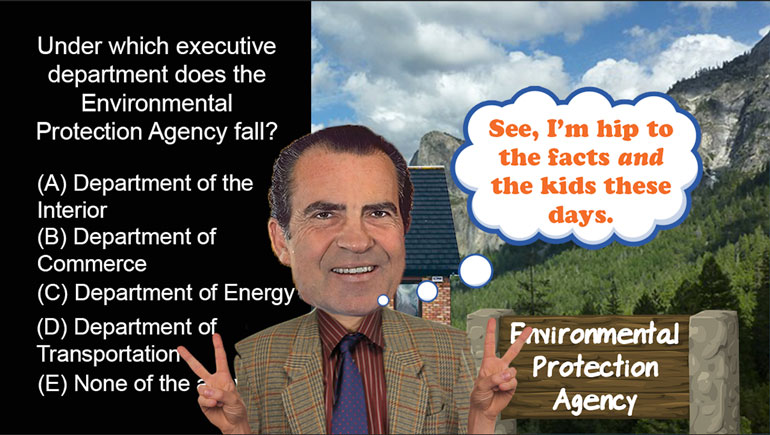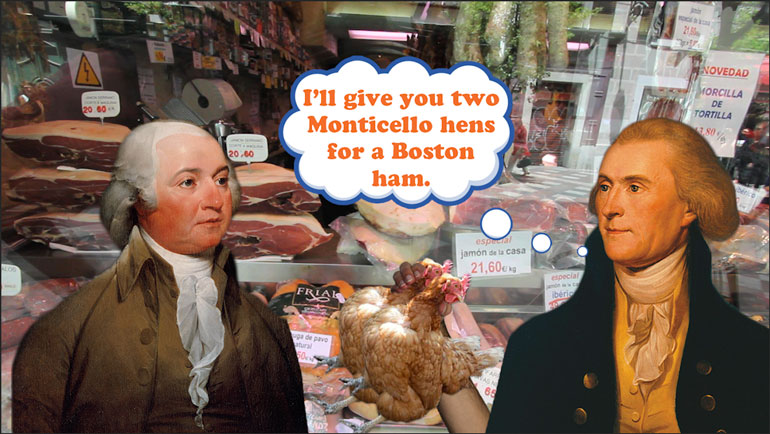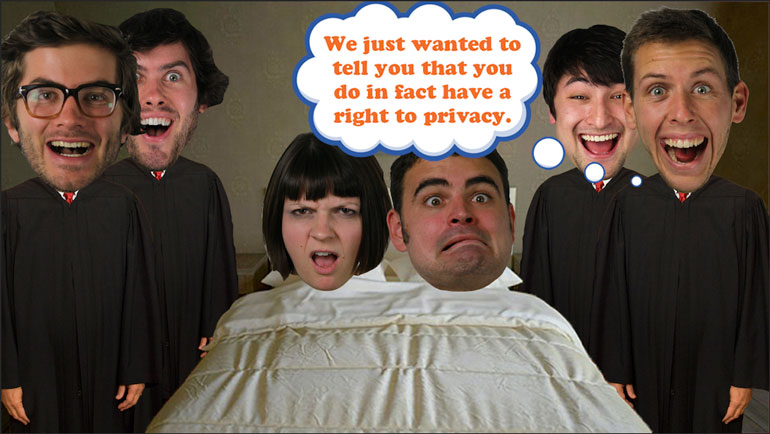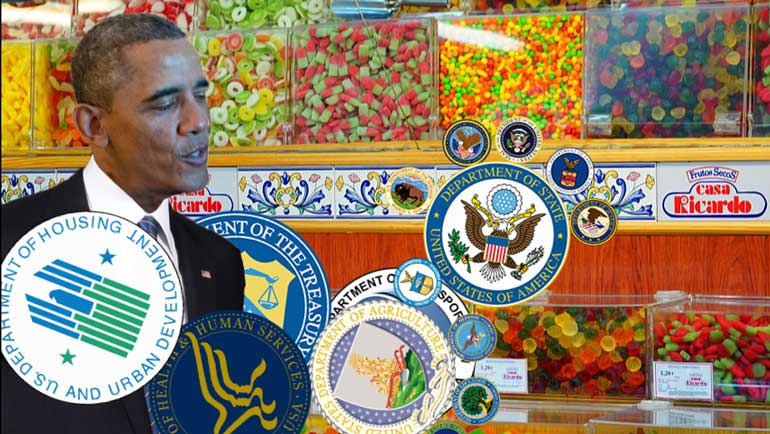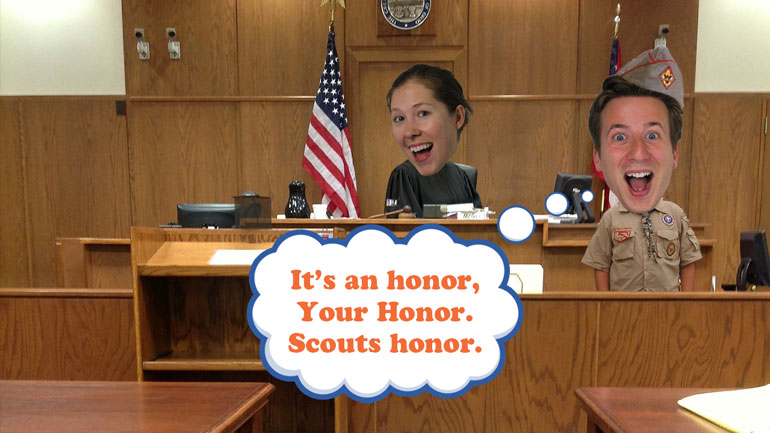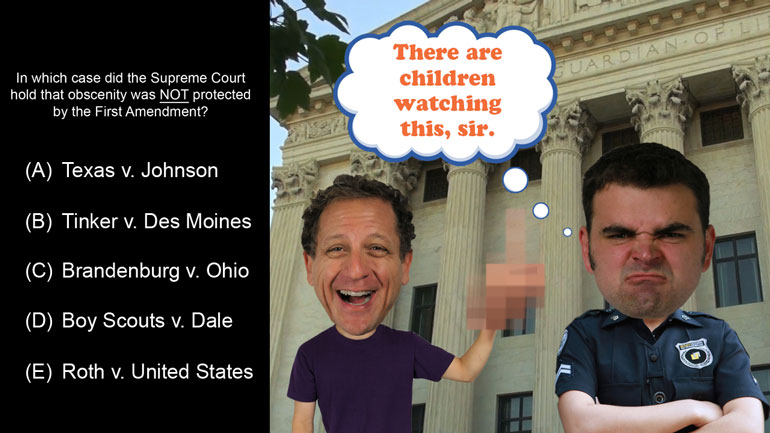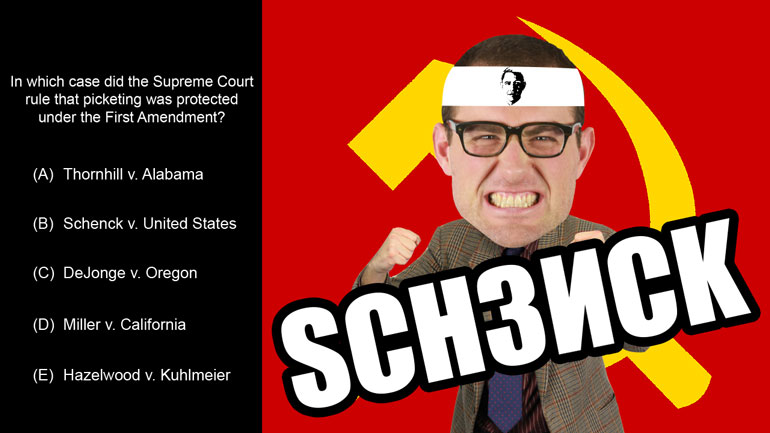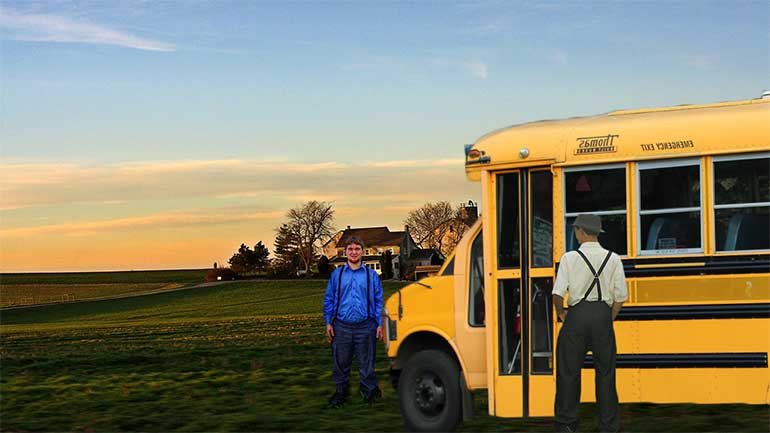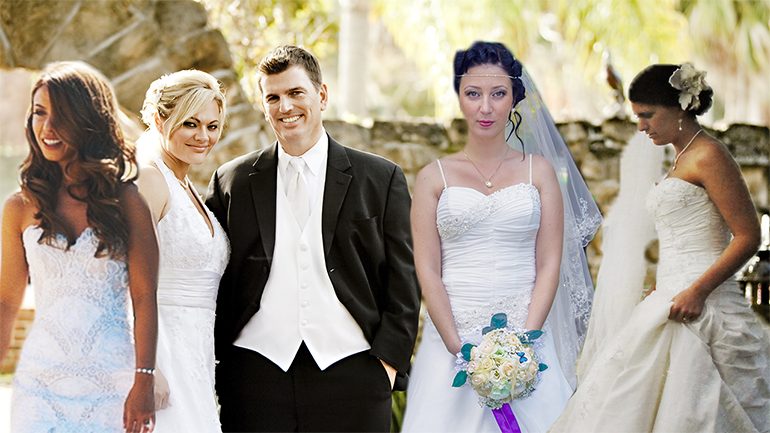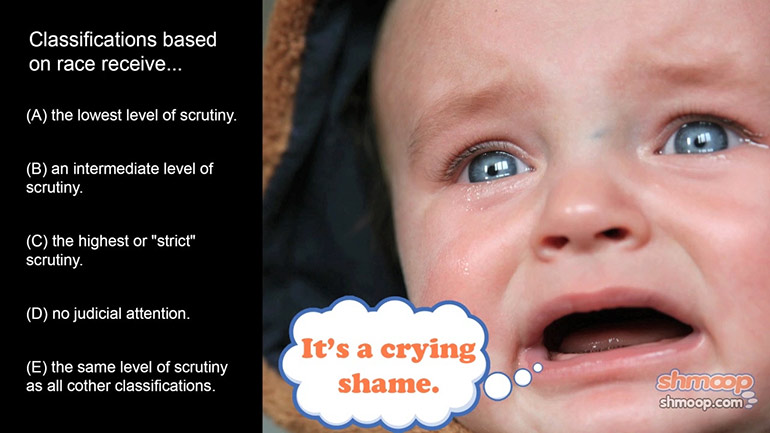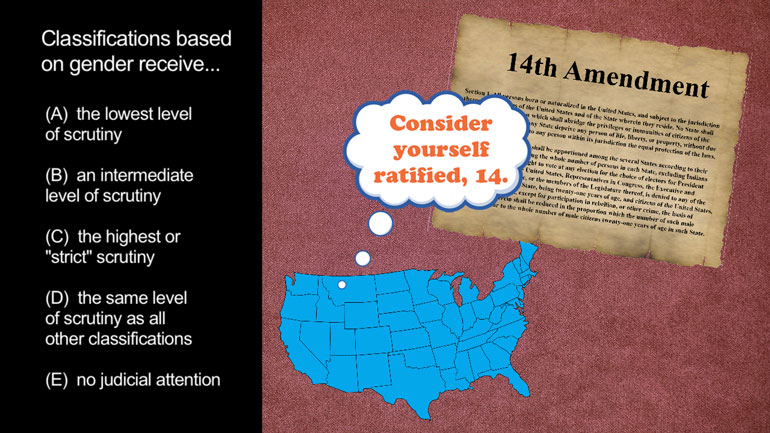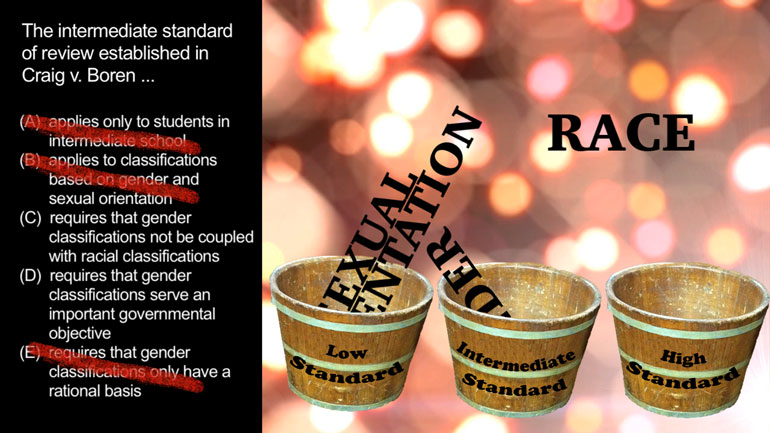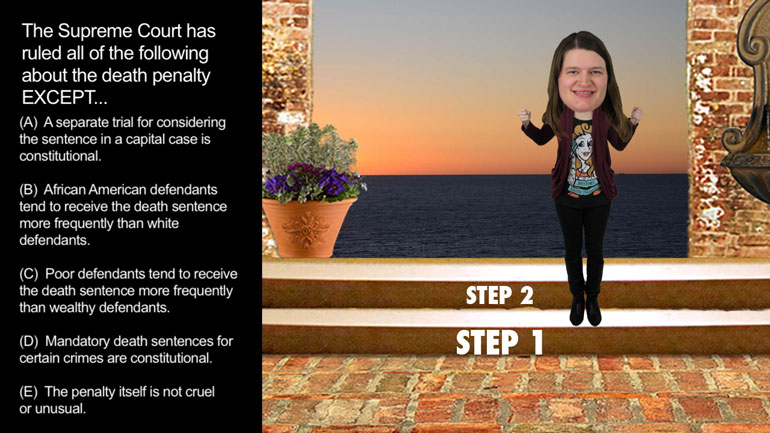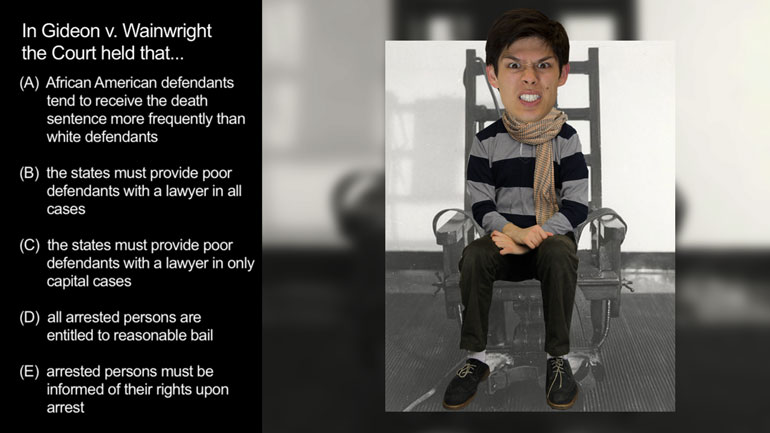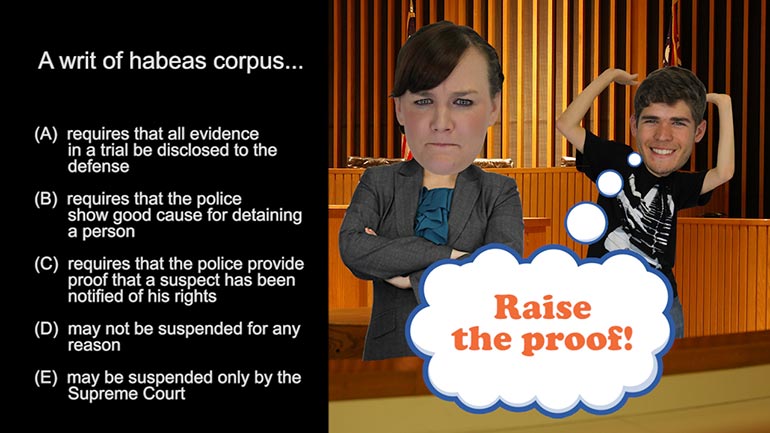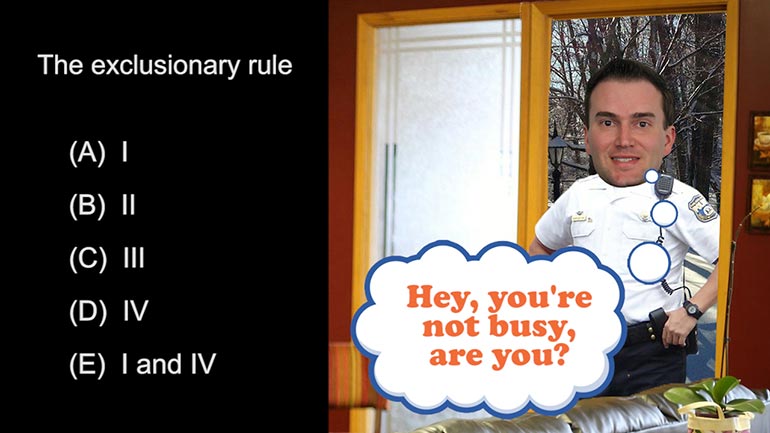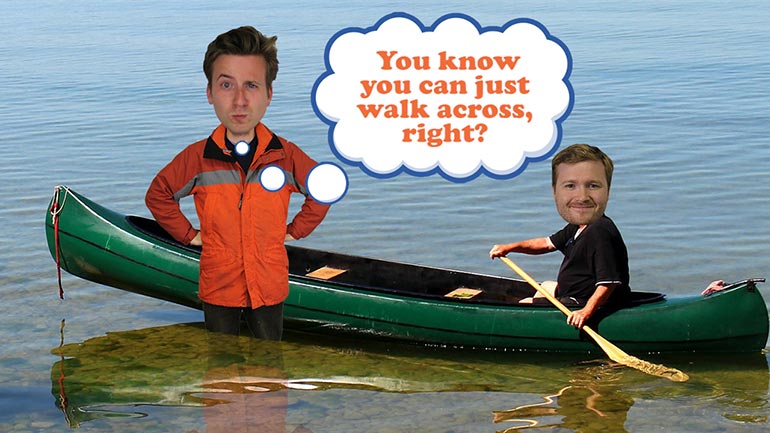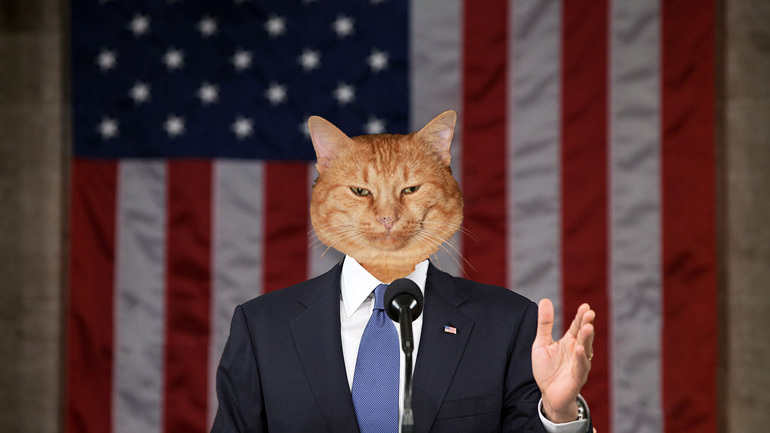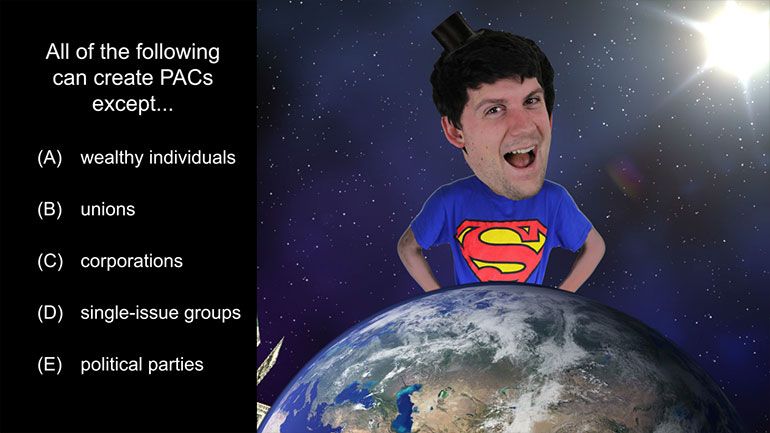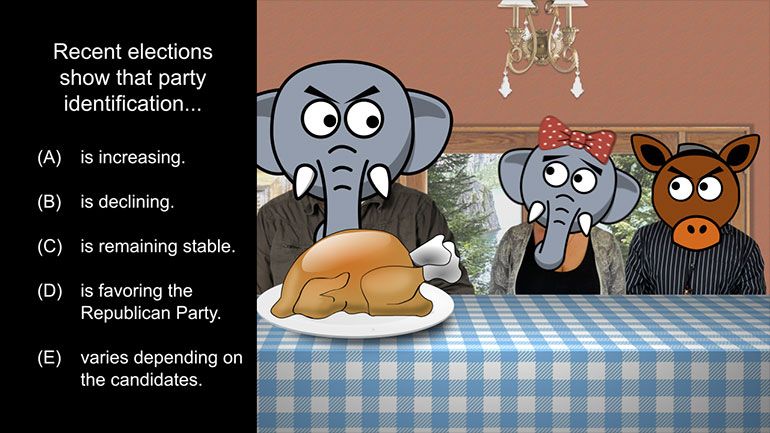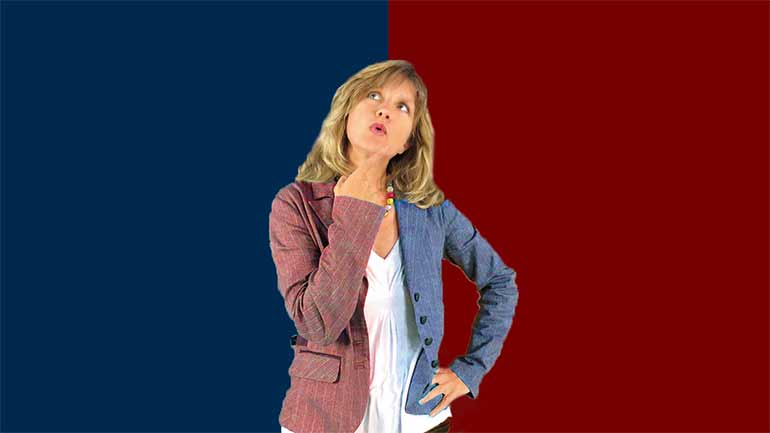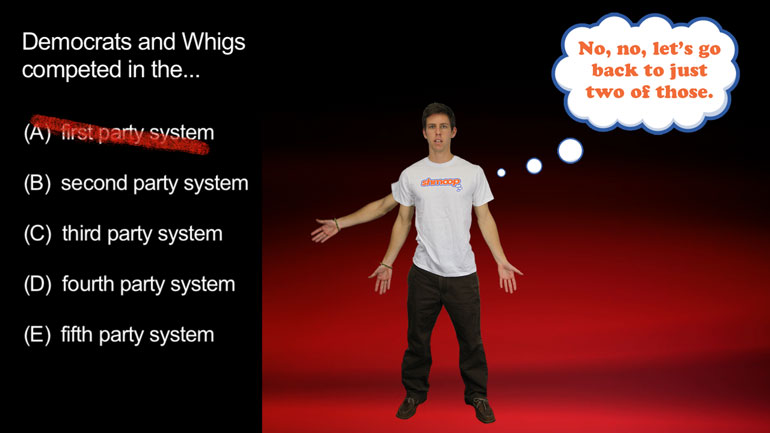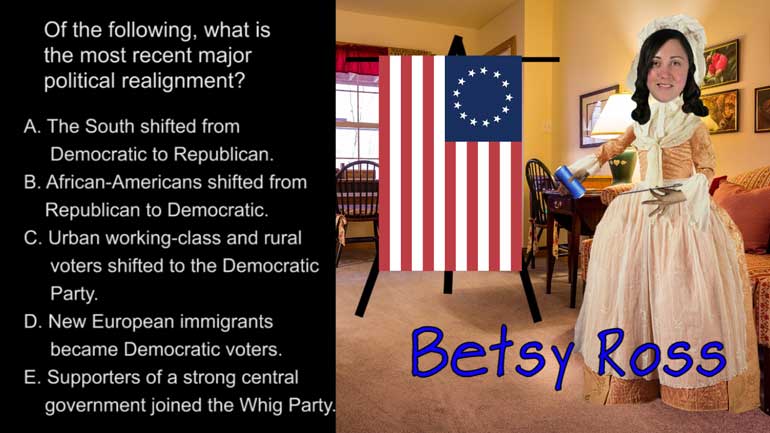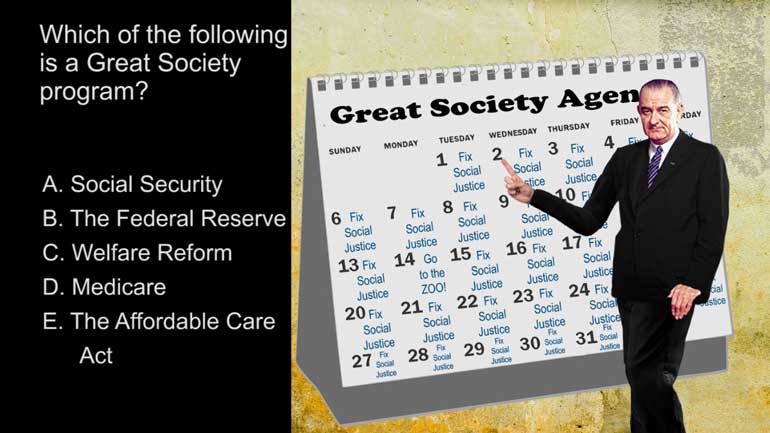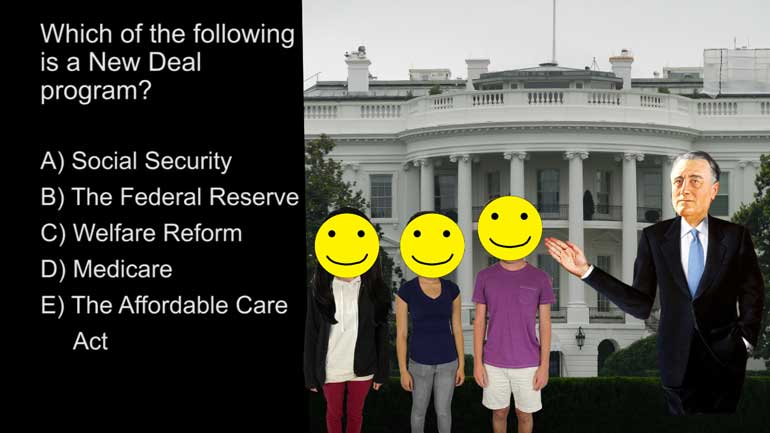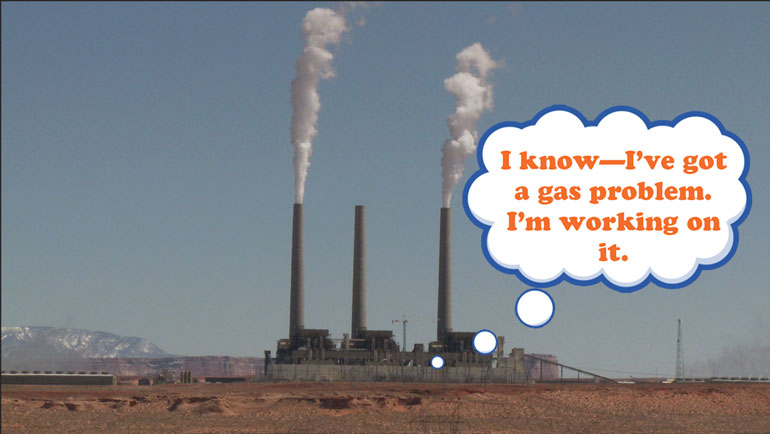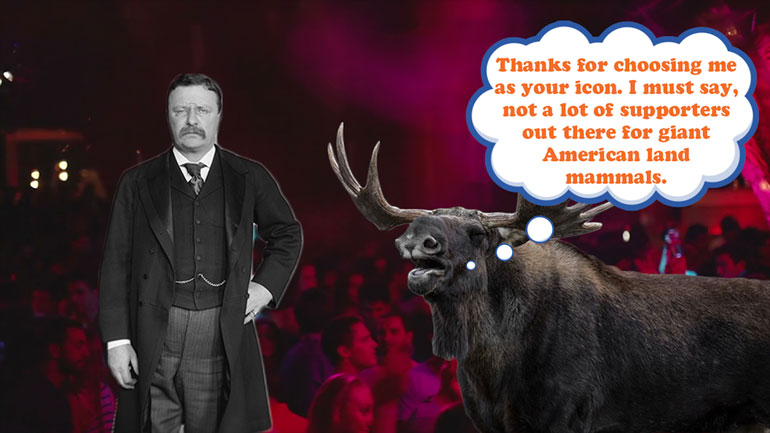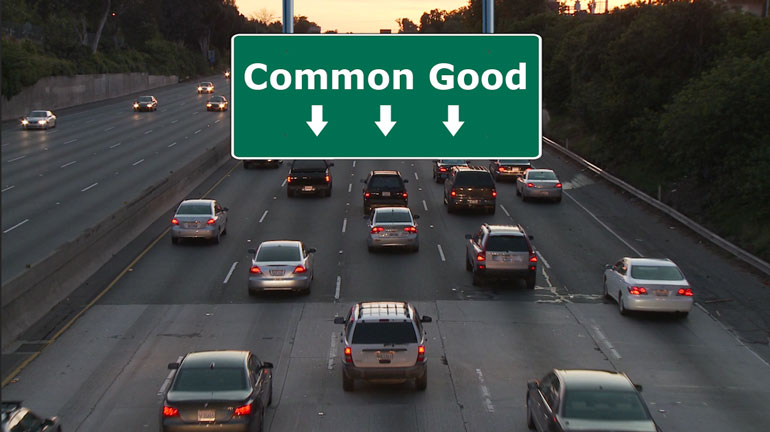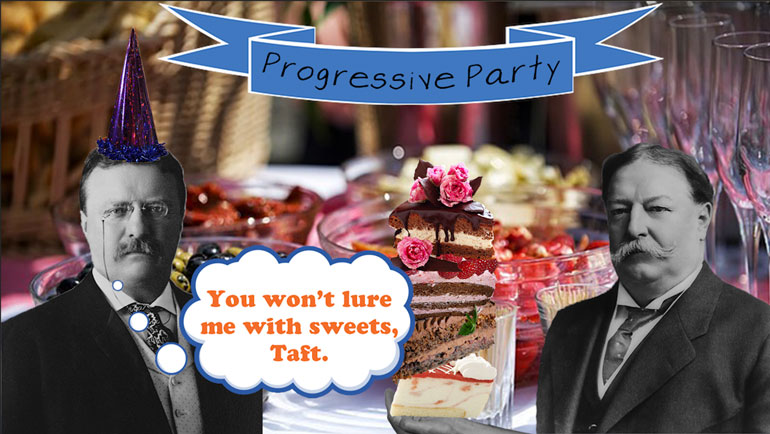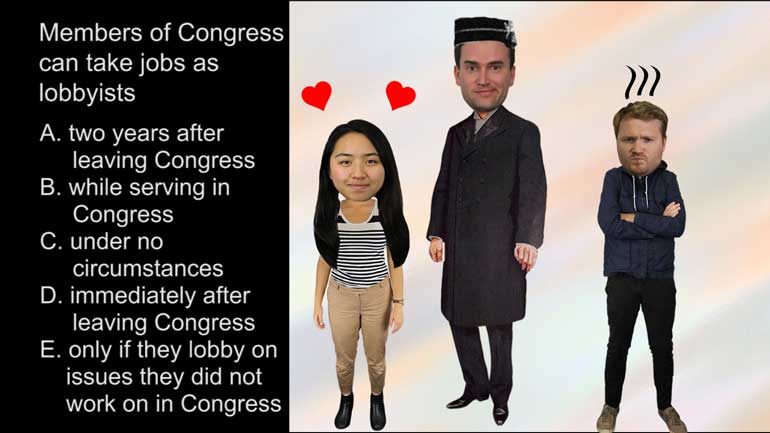ShmoopTube
Where Monty Python meets your 10th grade teacher.
Search Thousands of Shmoop Videos
AP U.S. Government Videos 90 videos
AP U.S. Government 1.1 Institutions of National Government. What was the scale of representation in the House of Representatives when the Constitut...
AP U.S. Government 2.2 Public Policy. What did the Budget Impoundment Control Act do?
AP U.S. Government 2.3 Civil Rights and Liberties. Classifications based on sexual orientation receive...what?
AP U.S. Government 3.4 Civil Rights and Liberties 170 Views
Share It!
Description:
AP U.S. Government 3.4 Civil Rights and Liberties. The exclusionary rule...what?
Transcript
- 00:00
Thank you We sneak and here's your shmoop too sure
- 00:05
brought to you by the exclusionary rule the legal foundation
- 00:09
for mean girls All right the exclusionary rule What and
- 00:13
hear the potential answers All right here we go We
- 00:18
can't imagine the police waltzing into our house looking through
Full Transcript
- 00:22
all our stuff and then telling us that they wanted
- 00:25
to spend the night Although that's pretty much what happened
- 00:27
to american colonists before the revolutionary war Since british soldiers
- 00:32
did whatever they wanted in the name of well doing
- 00:35
whatever they wanted those kinds of abuses inspired the founding
- 00:38
fathers to create the third amendment which restricts the quartering
- 00:42
of soldiers in private homes and the fourth amendment which
- 00:46
protects us from unreasonable searches and seizures All right well
- 00:50
let's See how the exclusionary rule is included in this
- 00:53
process was the exclusionary rule one established in planned parenthood
- 00:58
v casey Well planned parenthood v casey was a nineteen
- 01:01
ninety two supreme court case It upheld the constitutional right
- 01:04
to abortion that would allowed states to introduce requirements like
- 01:07
parental notification so long as they didn't pose an undue
- 01:11
burden on women That's one for all and all against
- 01:15
four and one cross him out All right Did the
- 01:18
exclusionary rule to state that the police are not allowed
- 01:21
to search glove compartments or trunks without probable cause Or
- 01:26
the driver's consent Well It's true that police don't need
- 01:29
a warrant on ly probable cause to search our car
- 01:32
for pulled over But that's from carol v united states
- 01:35
not the exclusionary rule so we can remove two from
- 01:38
the driver's seat as well But the exclusionary rule three
- 01:42
state that evidence obtained illegally may not be used in
- 01:45
court Well there it is theo Exclusionary rule prohibits the
- 01:49
state from using any evidence that comes from an illegal
- 01:52
search even if the evidence is super incriminating So if
- 01:56
the police are snooping around without a warrant and stumble
- 01:59
upon a treasure trove of of endangered species that smuggler
- 02:02
can smugly have his charges dismissed which makes see the
- 02:06
right answer Eventually the supreme court ruled that evidence obtained
- 02:09
through good faith searches was admissible in court meaning that
- 02:14
if an officer's search was technically illegal but was believed
- 02:18
to be legal at the time well then they could
- 02:20
still use the evidence at trial In other words they'll 00:02:23.55 --> [endTime] believe it when they seize it
Related Videos
AP U.S. Government 1.1 Institutions of National Government. What was the scale of representation in the House of Representatives when the Constitut...
AP U.S. Government 2.2 Public Policy. What did the Budget Impoundment Control Act do?
AP U.S. Government 2.3 Civil Rights and Liberties. Classifications based on sexual orientation receive...what?
AP U.S. Government 1.3 Political Beliefs and Behaviors. What sort of poll would you commission to monitor popularity over three months?
See how much you know about British political factions. That's what the cool kids read about nowadays, right? Well...we think it's cool.
